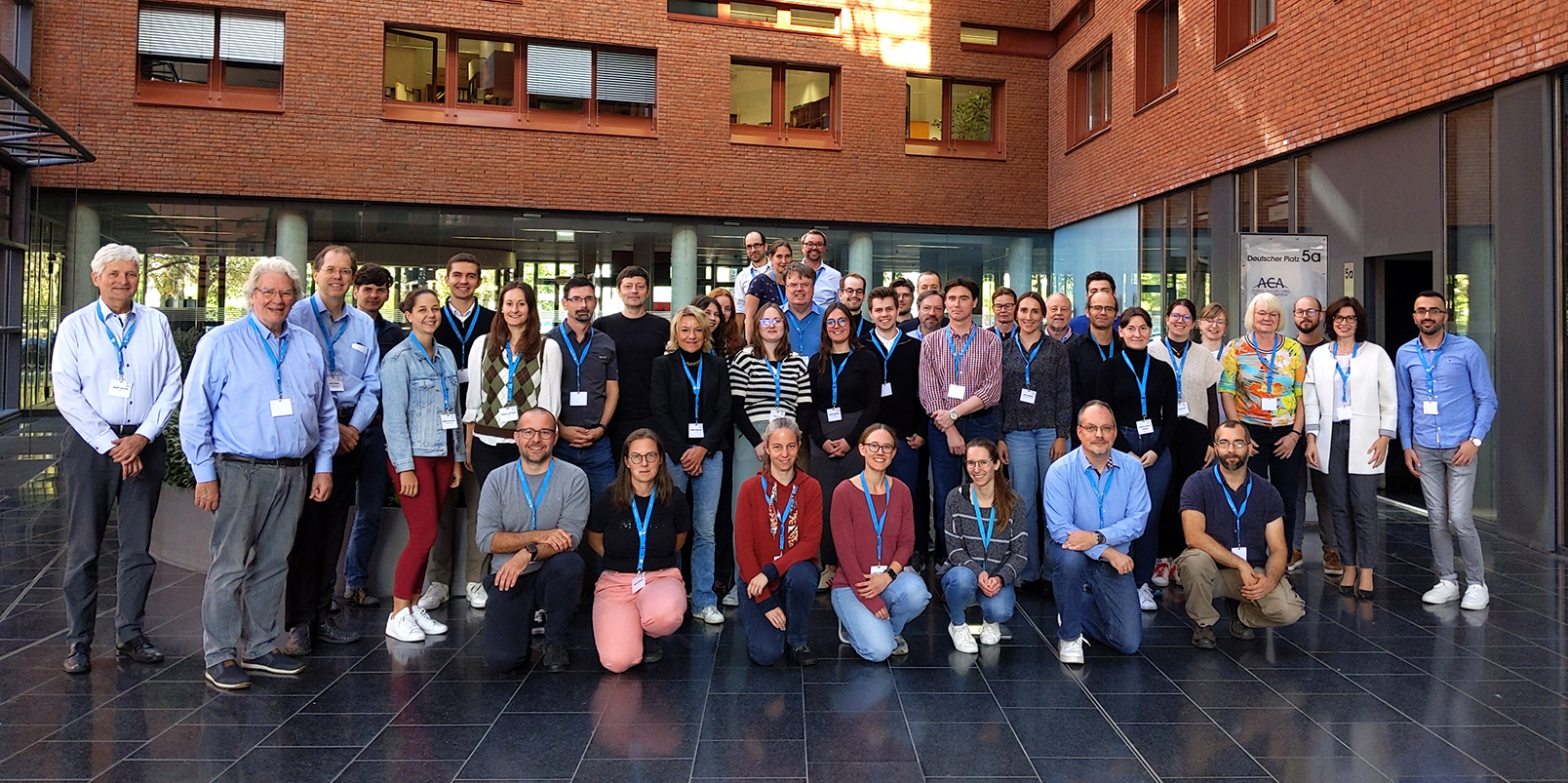
INTERPOLAR Studies on Medication Safety Enter Second Phase
11th INTERPOLAR Day on September 23–24, 2025
From September 23 to 24, around 44 experts from clinical practice, pharmacy, and IT met in Leipzig for the 11th INTERPOLAR Day to discuss the current status and next steps of the INTERPOLAR project. The INTERPOLAR team is researching how IT-supported medication analysis can help clinical pharmacists identify and resolve medication-related problems such as interactions and adverse effects.
Majority of participating stations are prepared for the second phase of the study
A key focus of the event was the launch of the second phase of the INTERPOLAR studies. The first phase began in July 2024 with the introduction of a standardized, cross-site documentation of medication-related problems. Already, 51 hospital wards across 11 partner sites have been involved, and more than 5,000 medication-related problems have been identified and resolved by clinical pharmacists. Beginning in October 2025, the second study phase will use an algorithm-based approach to investigate the specific effects of IT support in addressing medication-related problems.
On the first day of the event, discussions centered on the organizational prerequisites for launching the second phase of the INTERPOLAR studies, moderated by the project’s scientific manager, Dr. Daniel Neumann from the Leipzig University.
Core Data Set Toolchain enables comparable medication analyses across locations
The technical basis for IT-supported medication analysis is the Core Data Set (CDS) toolchain. At the INTERPOLAR Day, Sebastian Stäubert from the Leipzig University presented its structure and application. The CDS toolchain is a set of software tools used to select and process medication data at participating locations. The toolchain is based on specifications from the Core Data Set of the Medical Informatics Initiative, which defines the data structure. With the CDS toolchain, one can perform medication analyses and calculate the risk of medication-related problems. These calculations’ results are stored in the INTERPOLAR database. Once the Core Data Set toolchain is operational at the participating stations, the second phase will gradually be activated.
First local evaluation projects based on the INTEPROLAR data are underway
On the second day, the focus shifted to initial analysis projects based on INTERPOLAR data.
Dr. Helene Köster and Dr. Joachim Köck from University Hospital Erlangen provided practical insights into their local project investigating the occurrence of “Triple Whammy” interactions. These arise when a specific three-drug combination is prescribed, which is associated with an increased risk of acute kidney failure.
Another project focuses on creating structured, machine-readable datasets to identify contraindications for the most frequently prescribed medications in German university hospitals, presented by Miriam Schechner from LMU Munich and Michael Sponfeldner from Friedrich-Alexander University Erlangen-Nuremberg.
Other topics included the development of a workflow for assessing the relevance of algorithm-detected medication-related problems, as well as next steps concerning the in-house development of software as a medical device.
At the end of the meeting, project leader Prof. Dr. Markus Löffler summed up: “We are gradually moving out of the organizational context and delving deeper into the scientific work.”
The next INTERPOLAR Day will take place online on November 7, 2025.

